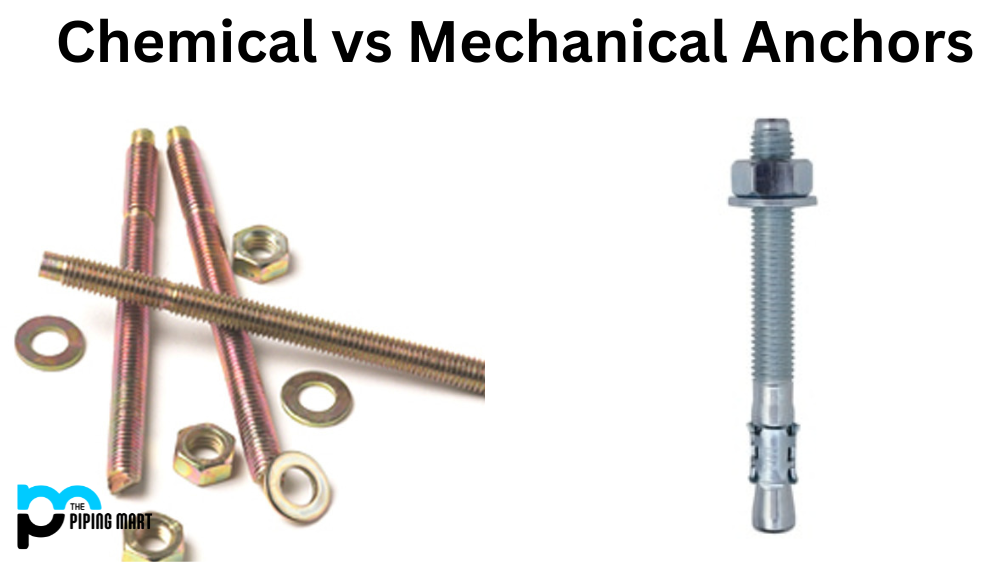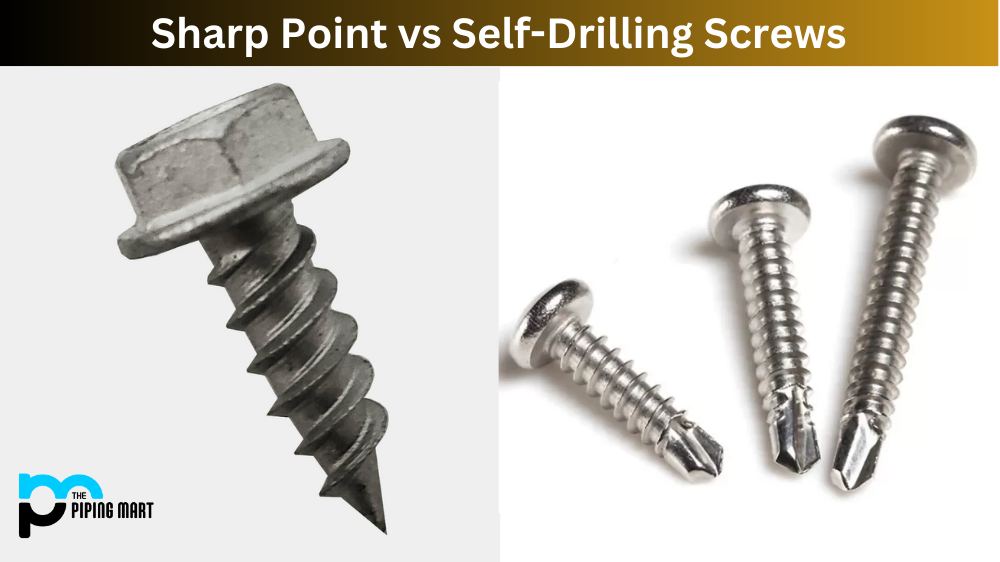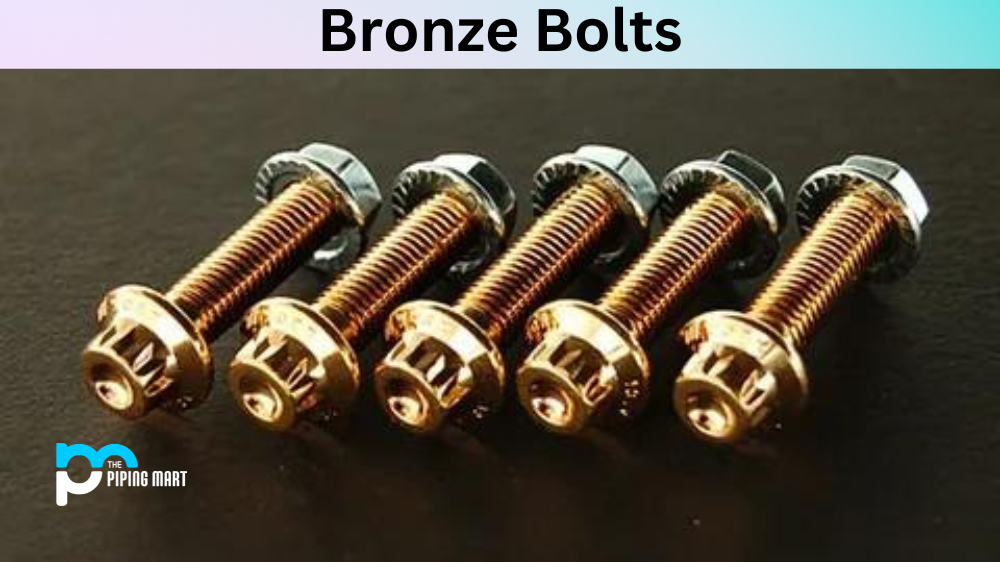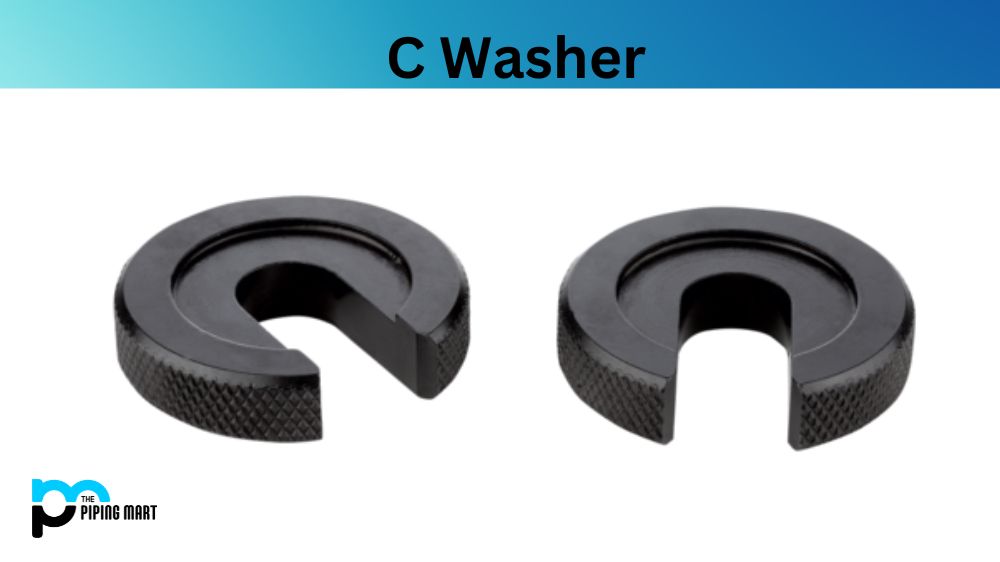In construction, anchors are essential components used to secure objects in place. But with two different types of anchors—chemical and mechanical—it can be difficult to decide which is right for you. Let’s look at the differences between chemical and mechanical anchors so you can decide when to choose the suitable anchor for your project.
Chemical Anchor
Chemical anchors are ideal for use in concrete, masonry, and stone materials because they offer a strong bond and cement-like strength when properly applied. They also come in various sizes and shapes, making them easy to find and install. Plus, chemical anchors can withstand high levels of vibration, meaning they’re perfect for any job that requires anchoring heavy machinery or other equipment.
Mechanical Anchor
Mechanical anchors are explicitly designed for use in drywall and other lightweight materials. They offer a firm hold without drilling into the material, making them much faster and easier to install than chemical anchors. Additionally, mechanical anchors don’t require any special tools or fasteners for installation—all you need is a hammer or screwdriver! This makes them ideal for anyone who needs an anchor quickly or doesn’t want to invest in specialized tools.
Difference Between Chemical and Mechanical Anchor
- Chemical anchors are made of a resin that is mixed with a hardener to create a strong bond.
- Mechanical anchors are made of metal and rely on friction to create a strong bond.
- Chemical anchors are more expensive than mechanical anchors.
- Mechanical anchors are more likely to loosen over time than chemical anchors.
- Chemical anchors can be used in a wider range of applications than mechanical anchors.
- Mechanical anchors are easier to install than chemical anchors.
Conclusion
When it comes down to it, chemical and mechanical anchors have advantages in construction projects. Chemical anchors are great if you need a strong bond to stand up against vibration. In contrast, mechanical anchors provide an easy-to-install solution that won’t require drilling into the material. No matter which type of anchor you choose, remember that proper installation is key to ensuring a secure hold! With these tips in mind, you’ll be sure to find the perfect anchor for your project.

Abhishek is a seasoned blogger and industry expert, sharing his insights and knowledge on various topics. With his research, Abhishek offers valuable insights and tips for professionals and enthusiasts. Follow him for expert advice on the latest trends and developments in the metal industry.




